Indigenous Governance Database
state-tribal relationships
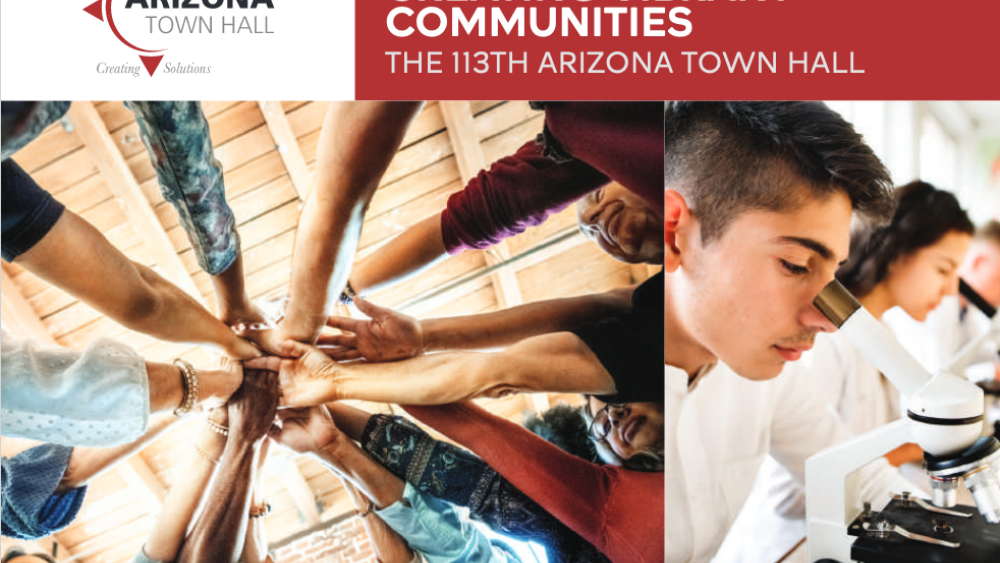
The Role of Tribes and Tribal Relations in Creating a More Vibrant Arizona (Chapter in The 113th Arizona Town Hall's "Creating Vibrant Communities")
Arizona’s rich history begins with its Native inhabitants. Since time immemorial, Native Peoples built their own vibrant communities in the region’s river valleys, high deserts, mountains, and forests. Western archeologists affirm this long occupancy; they document ancestral Puebloan, Sinagua,…
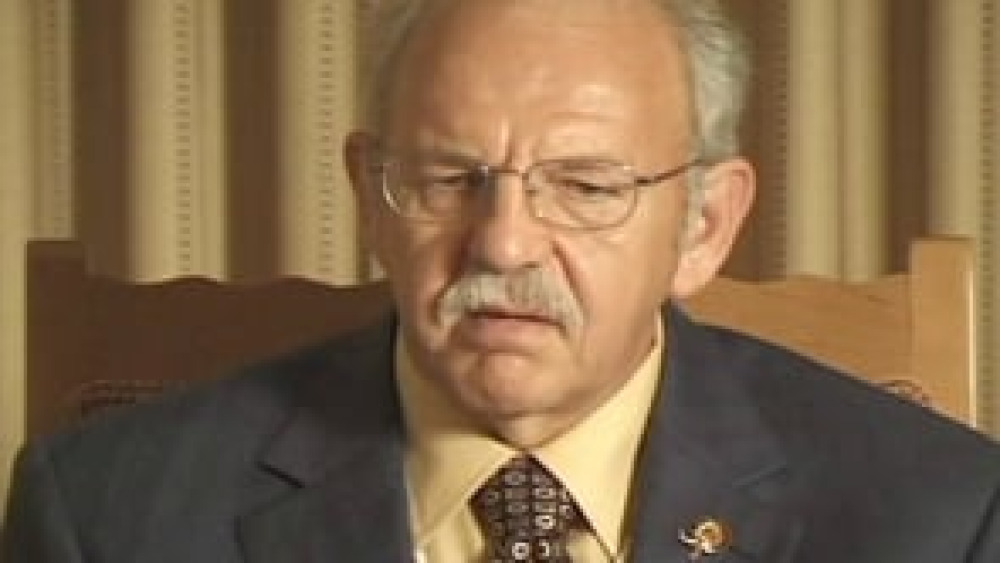
Great Tribal Leaders of Modern Times: W. Ron Allen
Produced by the Institute for Tribal Government at Portland State University in 2004, the landmark “Great Tribal Leaders of Modern Times” interview series presents the oral histories of contemporary leaders who have played instrumental roles in Native nations' struggles for sovereignty, self-…
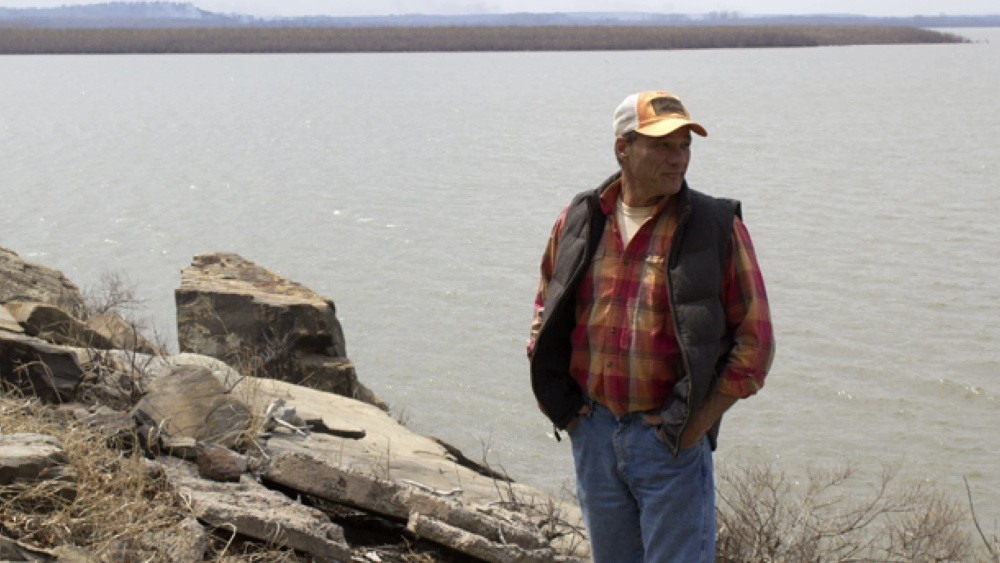
Cast-off State Parks Thrive Under Tribal Control, But Not Without Some Struggle
Rick Geisler, manager of Wah-Sha-She Park in Osage County, stands on the shore of Hula Lake. When budget cuts led the Oklahoma tourism department to find new homes for seven state parks in 2011, two of them went to Native American tribes. Both are open and doing well, but each has faced its own…
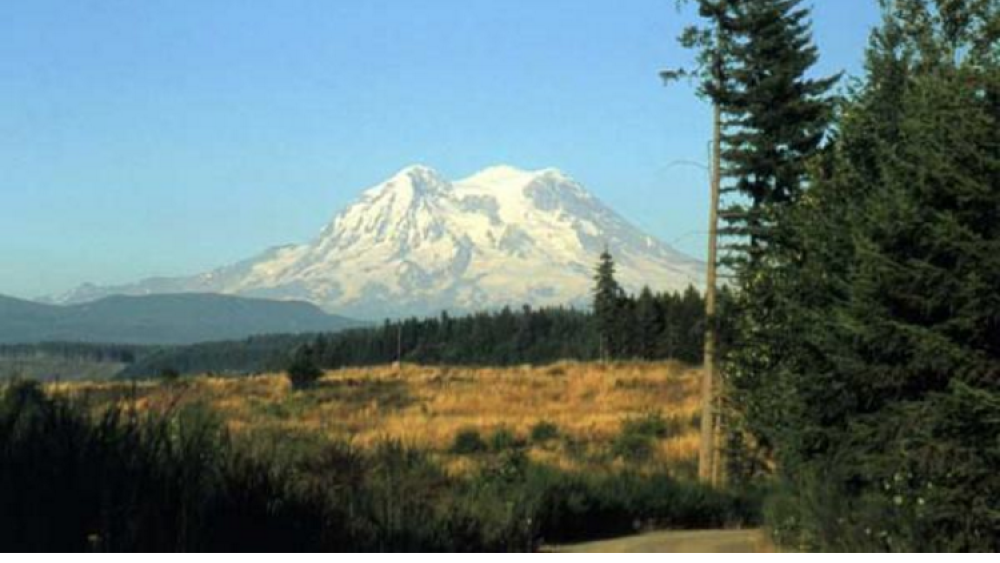
Nisqually Tribe, State Partnering on Development of Nisqually State Park
The Washington State Parks and Recreation Commission and the Nisqually Indian Tribe are working together on future development of Nisqually State Park in Olympia, Washington. The 1,300-acre park lies at the confluence of the Nisqually River, Mashel River and Ohop Creek. The park includes a diverse…
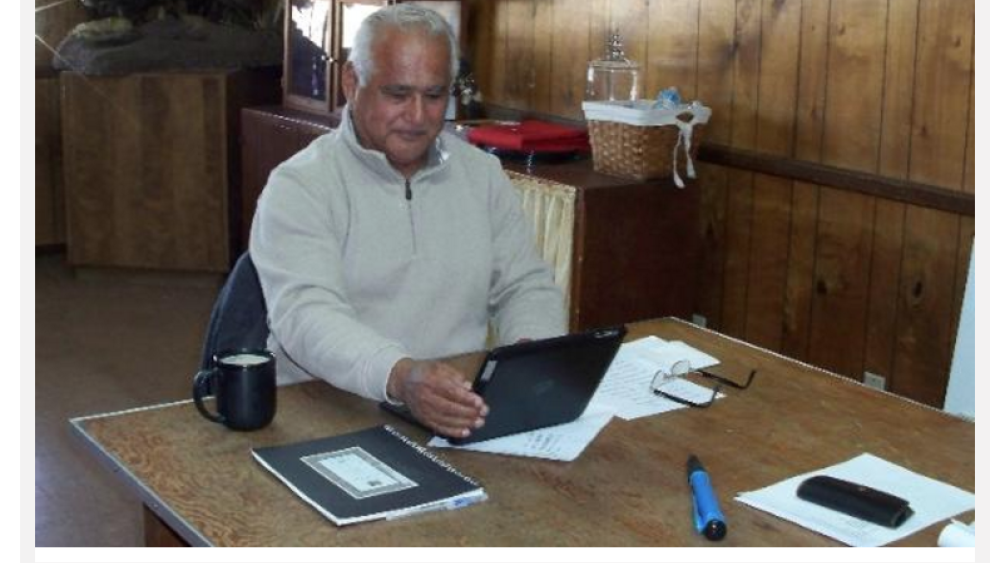
New Leadership for Tubatulabal Tribe; Recognition, Economic Development Among Top Priorities
The new year had barely dawned and Tubatulabal Tribe Chairman Robert Gomez was hard at work on the priorities he and the council had established for the year. It’s a heavy load: Federal recognition. Economic development. Professional development for tribal leadership. Community outreach. Continued…
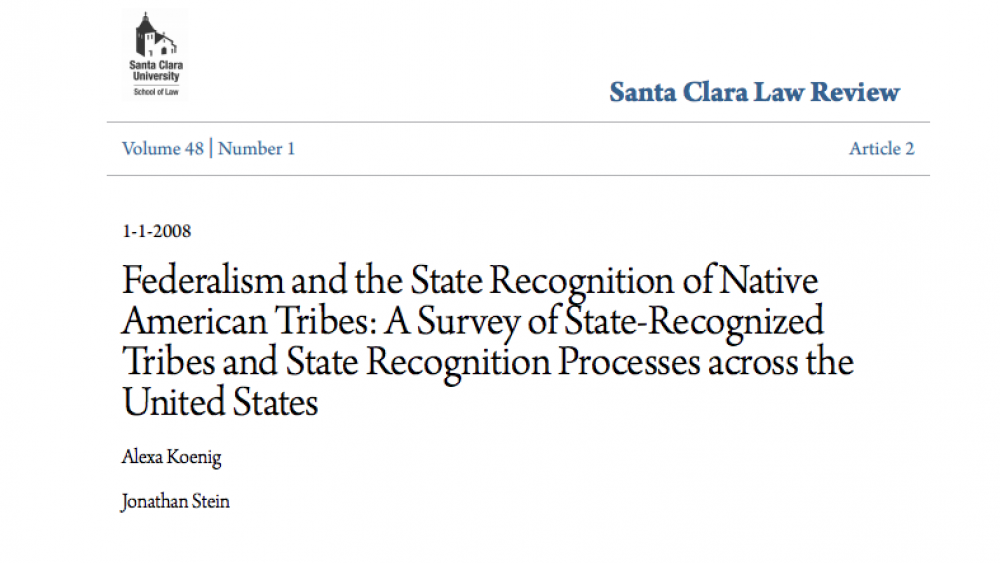
Federalism and the State Recognition of Native American Tribes: A Survey of State-Recognized Tribes and State Recognition Processes Across the United States
In the last few years, states and tribes have increasingly realized that state recognition can serve as an important, albeit limited, alternative to federal recognition. This realization is evidenced by the many states that have recently codified their state recognition processes or are planning to…
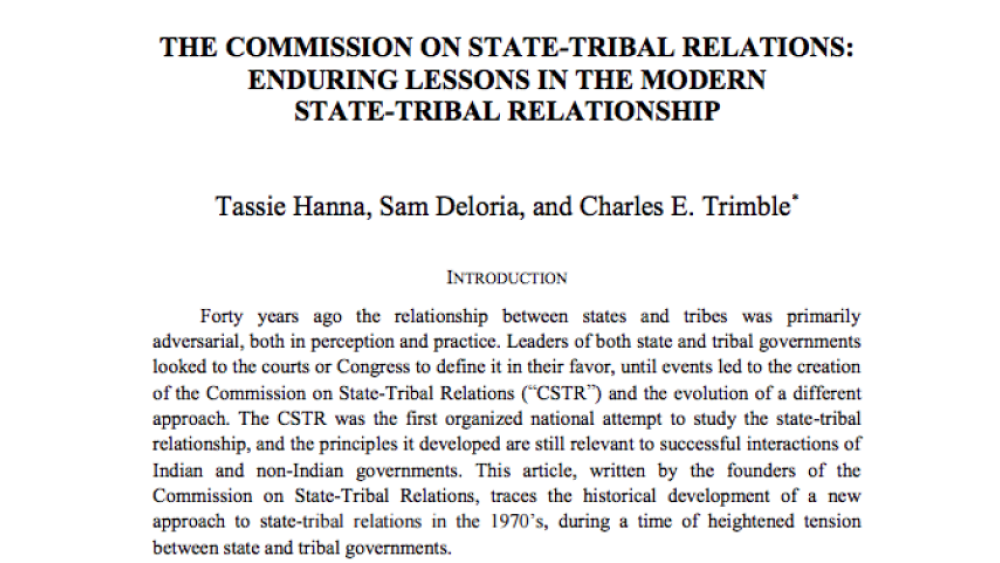
The Commission on State-Tribal Relations: Enduring Lessons in the Modern State-Tribal Relationship
(From the article introduction) Forty years ago the relationship between state and tribes was primarily adversarial, both in perception and practice. Leaders of both state and tribal governments looked to the courts or Congress to define it in their favor, until events led to the creation…
